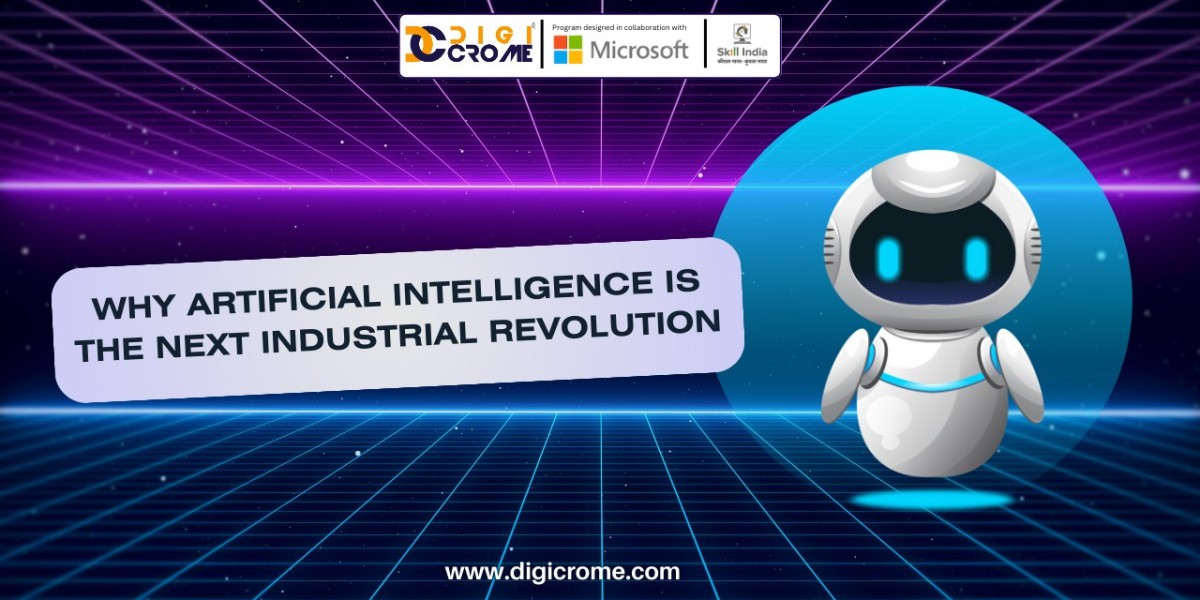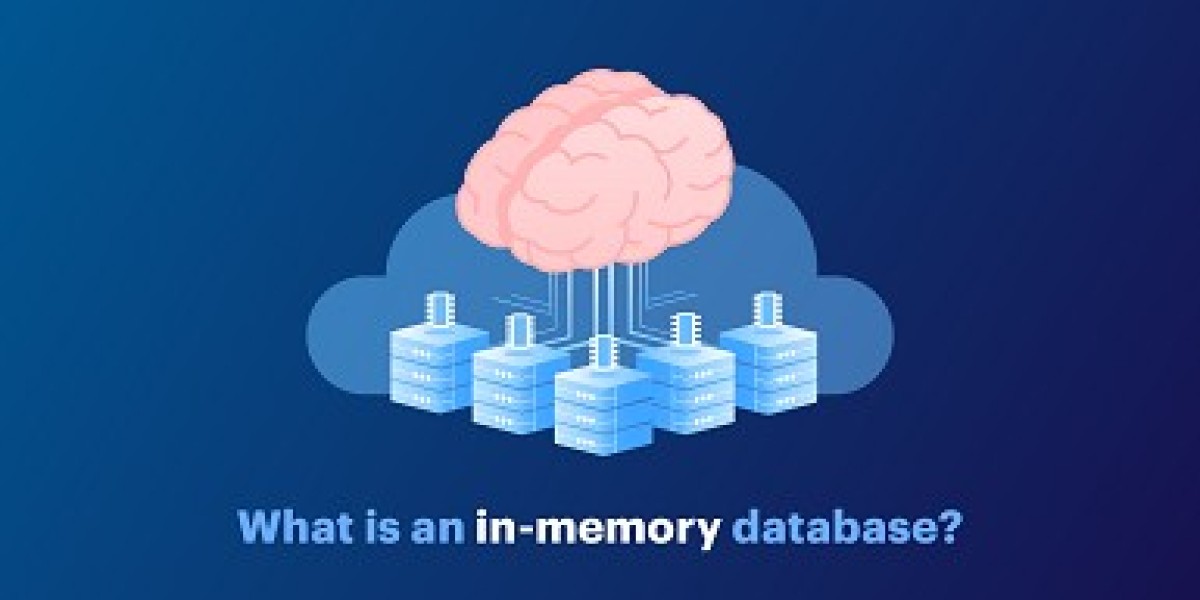Human experiences has been formed by revolutions that remodeled how we live, work, and communicate. The First Industrialized Transformation mechanized manufacture through steam strength. The Second Industrial Innovation tackled electricity and mass production. The Third introduced computers and automation. Now, we are in the midst of the Fourth Industrial Transformation-driven by Artificial Intelligence (AI). Just as steam engines redefined the 18th century, AI is transform the 21st centennial, making it best significant high-tech force of our era. For masters and learners who want to stay earlier in this transformation, enrolling in Best Artificial Intelligence Course in Gurgaon can be a game-changer, adapting them with the abilities required to evolve in this AI-impelled future.
1. The Scale of Transformation
Unlike prior revolutions that generally affected specific enterprises, AI is extensive. From healthcare and education to banking, retail, production, and even farming, AI is stinging all edge of the global economy. Algorithms can now learn from large datasets, predict consequences, and make decisions that once necessary human skill. This scalability makes AI not just different tool but a general-purpose technology, comparable to electricity or the internet-basic to nearly all novelty moving forward.
2. Automation and Productivity Gains
The steam engine stimulate factories; AI capacities automation and smart decision-making. Repetitious tasks, from data entry to quality checks, can be managed by intelligent machines, emancipation humans to direct creativity, method, and complicated situation-solving. In production, AI-compelled robotics are lowering errors and developing efficiency. In offices, AI-authorized assistants organize scheduling, reporting, and communication.
This upsurge in production has the potential to solve trillions of dollars in global economic worth, making AI as transformational as mechanized looms or congregation lines were in their time.
3. Redefining Work and Skills
All industrial revolution has transform the workforce. While machines replaced manual labor earlier, AI is now enlarging or even replacement cognitive labor. Roles in law, medicine, banking, and customer service are being redefined by AI methods capable of evaluating legal documents, diagnosing diseases, detecting trickery, or managing consumer queries.
4. Innovation at an Unprecedented Speed
One describing feature of revolutions is the quickness of novelty. Steam engines took decades to publicize; AI applications develop in months. Generative AI models, instance, have already molded content creation, design, and software development in just a few years. This accelerated cycle means industries are not just adopting new tools but uniformly reinventing themselves to keep pace with arising AI potential.
For enterprises, this portrays both an opportunity and a challenge: those who fit speedily thrive, while laggards risk irrelevancy.
5. Societal and Ethical Implications
Like earlier revolutions, the AI revolution is not without challenges. Issues of bias, secrecy, job dislocation, and accountability are at the forefront. E.g., algorithms trained on partial data may strengthen social differences, while expanded automation could widen the gap between skillful and unskilled workers.
Conclusion: A New Era of Human Possibility
The Industrialized Revolution redefined human civilization by replacement physical effort with mechanization. AI is doing the same for psychological effort. It is not simply different phase of technological progress; it is a paradigm shift in how knowledge, decisions, and artistry are generated. Just as prior revolutions created new businesses, wealth, and ways of life, the AI innovation is opening the door to breakthroughs we can barely assume today-from embodied medicine and self-driving cities to completely new styles of human expression. For learners who want to be part of this revolution, enrolling in the Best AI Course in Chennai can provide the right foundation to build future-ready abilities and lead in this developing digital time. In this sense, AI is not just the next Modern Revolution-it is the transformation that will define the future of humanity.








